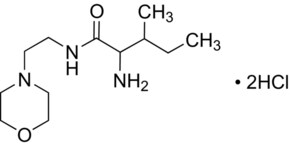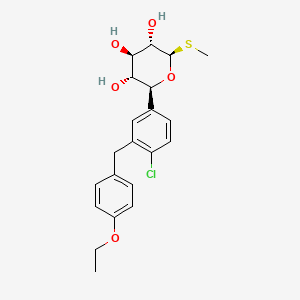Researchers have shed light on how taking aspirin can help to stave off bowel cancer.
Experts found that the painkiller blocks a key process linked to tumour formation.
Regular use of aspirin is known to reduce a person's risk of developing colon cancer but the drug's tumour fighting properties have not been well understood.
Researchers at the University of Edinburgh focused on a structure found inside cells called the nucleolus.
Activation of the nucleolus is known to drive tumour formation and dysfunction has also been linked to Alzheimer's and Parkinson's.
The team at the University's Cancer Research UK Edinburgh Centre tested the effects of aspirin on cells grown in the lab and on tumour biopsies removed from colon cancer patients.
They found that aspirin blocks a key molecule called TIF-IA, which is essential for the nucleolus to function.
Not all colon cancer patients respond to aspirin but the researchers say their findings could help pinpoint those most likely to benefit.
Aspirin has side effects that include internal bleeding and it can cause certain types of stroke. Long term use is not recommended. The researchers say the study paves the way for the development of new, safer therapies that mimic aspirin's effects.
The research, published in Nucleic Acids Research, was funded by the Medical Research Council and the Biotechnology and Biological Sciences Research Council. Worldwide Cancer Research, Bowel and Cancer Research and The Rosetrees Trust also supported the work.
Dr. Lesley Stark, of the Cancer Research UK Edinburgh Centre at the University of Edinburgh, said: "We are really excited by these findings as they suggest a mechanism by which aspirin may act to prevent multiple diseases. A better understanding of howaspirin blocks TIF-IA and nucleolar activity provides great promise for the development of new treatments and targeted therapy."




 S
S



